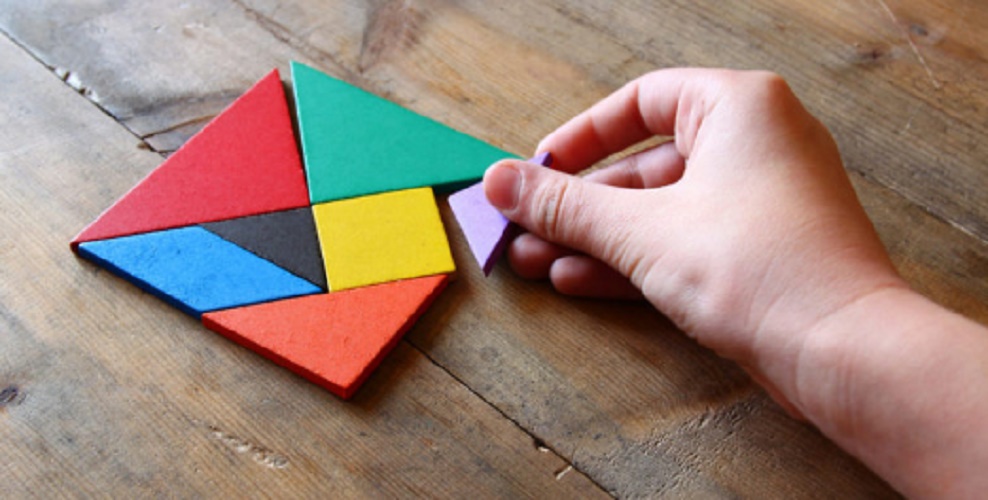What is Thought?
We explain to you what human thinking is and what types of thinking exist. Sciences that study thought.
-
What is Thought?
Thought is the intellectual operation of an individual character that is produced from processes of reason . Thoughts are products that the mind elaborates, voluntarily from a rational order, or involuntarily through an external stimulus. All types of work, artistic or scientific, are formed from a mother thought that begins to develop and complement with others.
People’s thinking has a number of characteristics. It is cumulative and develops over time , since it works from thinking strategies that are added between them. These strategies have the way of aiming to solve problems .
Not only does it happen that thought is reflected in language , but it also configures language itself . It is its way of conservation, but it is also one of its areas of transformation.
-
Types of thinking

Thought can be presented in different ways, depending on the type of mental operation that the activity requires:
- Inductive thinking. It is the one that relies on a particularity and from there extrapolates and transforms it into a generality. If something is true on some occasions, it will be on similar occasions.
- Deductive thinking. It is the one that starts from a generality and applies it to each particularity. If a whole is known, the parties will obey the general laws of the whole.
- Interrogative Thinking It is the one used when you have a concern, it includes the way in which the question will be presented to effectively obtain the desired answer.
- Creative thinking . It is the source of all artistic realization: it is not very easy to explain, but it has the particularity of having no limits and being open to the production of new things, of any kind.
- Analytical thinking. It is the one that categorizes the ideas, while the systemic is the one that interrelates them.
- Critical thinking . it is precisely he who is able to evaluate the paradigm with which all other thoughts are founded. It is about assessing the way in which knowledge unfolds, ensuring greater autonomy when it comes to the exercise of thought.
-
Sciences that study thinking

Although all the sciences that are known are related and exist from thought, there are some that are dedicated in particular to study it.
- Logic . as formal science, it is dedicated exclusively to the formulation of laws that govern human thought.
- Philosophy . He came to answer many questions that the human being naturally asked himself, organizing the principles that govern the knowledge of the world, human action and, among them, knowledge itself, which is substantially related to thought.
- Psychology . It is the science that studies the human mind and its influence on behavior . This discipline along with the logic have been complemented by introducing the idea of lateral thinking . With it reference is made to a kind of thinking that can only occur if it breaks with some rigid pattern, which is completely rooted in ourmental scheme .
- Psychiatry Within medicine, he is responsible for analyzing ways of thinking and studying and treating diseases of the mind.
-
Instinct and reasoning
The instinct (with which animals act, but also people in some cases) is considered a thought, despite not being consummated logically, but without thinking.
Although it is known that the human being is the only one who has the ability to reason , he is not the only one who can think, since animals that have brains perform the action of “thinking” in a practical and experience-based way. The difference with people is that they do not have the ability to find the causes or consequences of their behaviors.





